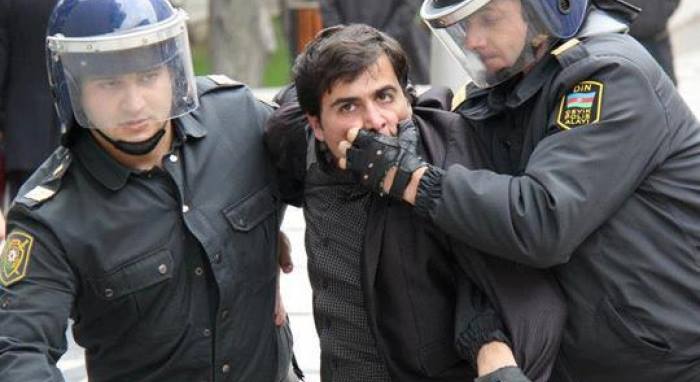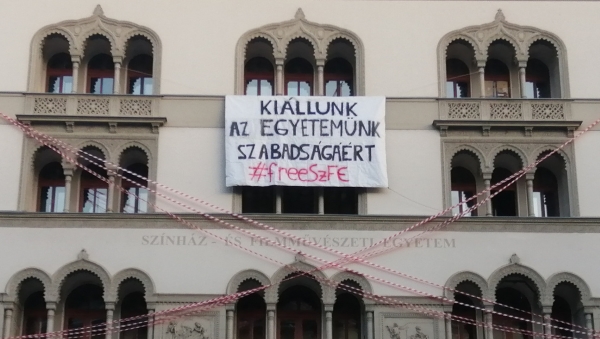On 13 June the Parliament passed the Law on the Transparency of Organisations Receiving Foreign Funds which requires organisations who receive support from abroad to register as such. Some NGOs affected by the new law immediately announced that they would boycott the unlawful and stigmatizing law and would resort to civil disobedience because complying with the rules that breach fundamental rights would undermine their own credibility. Reacting to the announced boycott, on 14 June the Minister of Justice said: “I am not familiar with civil disobedience, nor does law know about it.” Two days later the Prime Minister also claimed on Kossuth Radio that “there is no such thing in Hungarian law”.
In its open letter EKINT reminds the Prime Minister and the Minister of Justice of earlier standpoints of the ruling party Fidesz and of the Prime Minister himself on the same issue. Most importantly, in February 2007 led by Viktor Orbán members of Fidesz went out from the building of the Parliament to the square in front of it to pull down the mobile barriers that had been put up by the socialist government in October 2006 to fend off demonstrations and that embodied the restriction of the freedom of assembly. Orbán at the time described the action as an act of civil disobedience. At that time Fidesz members were not only familiar with the concept of civil disobedience but they also used it and they were surely aware of the fact that when it comes to litigation the court has to take into account that concerning an action that qualifies as civil disobedience there is moral consideration and public demonstration behind the act that formally breaches the law.
EKINT’s examination of the concept of civil disobedience is available in Hungarian.
21 June 2017






